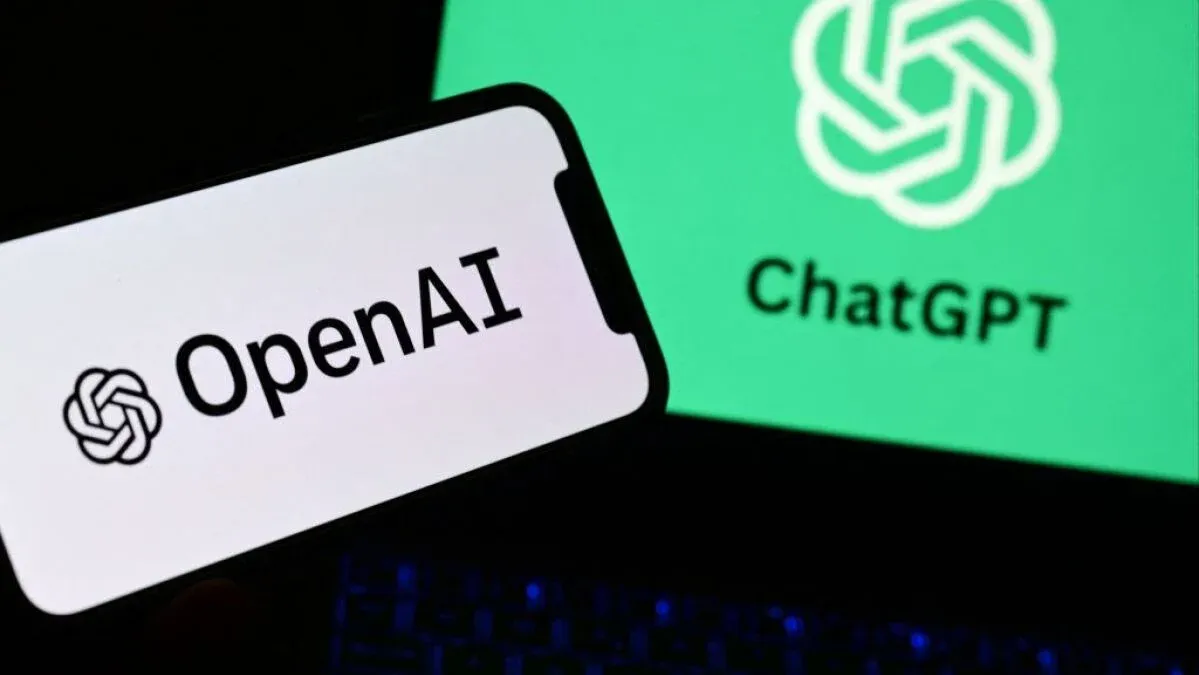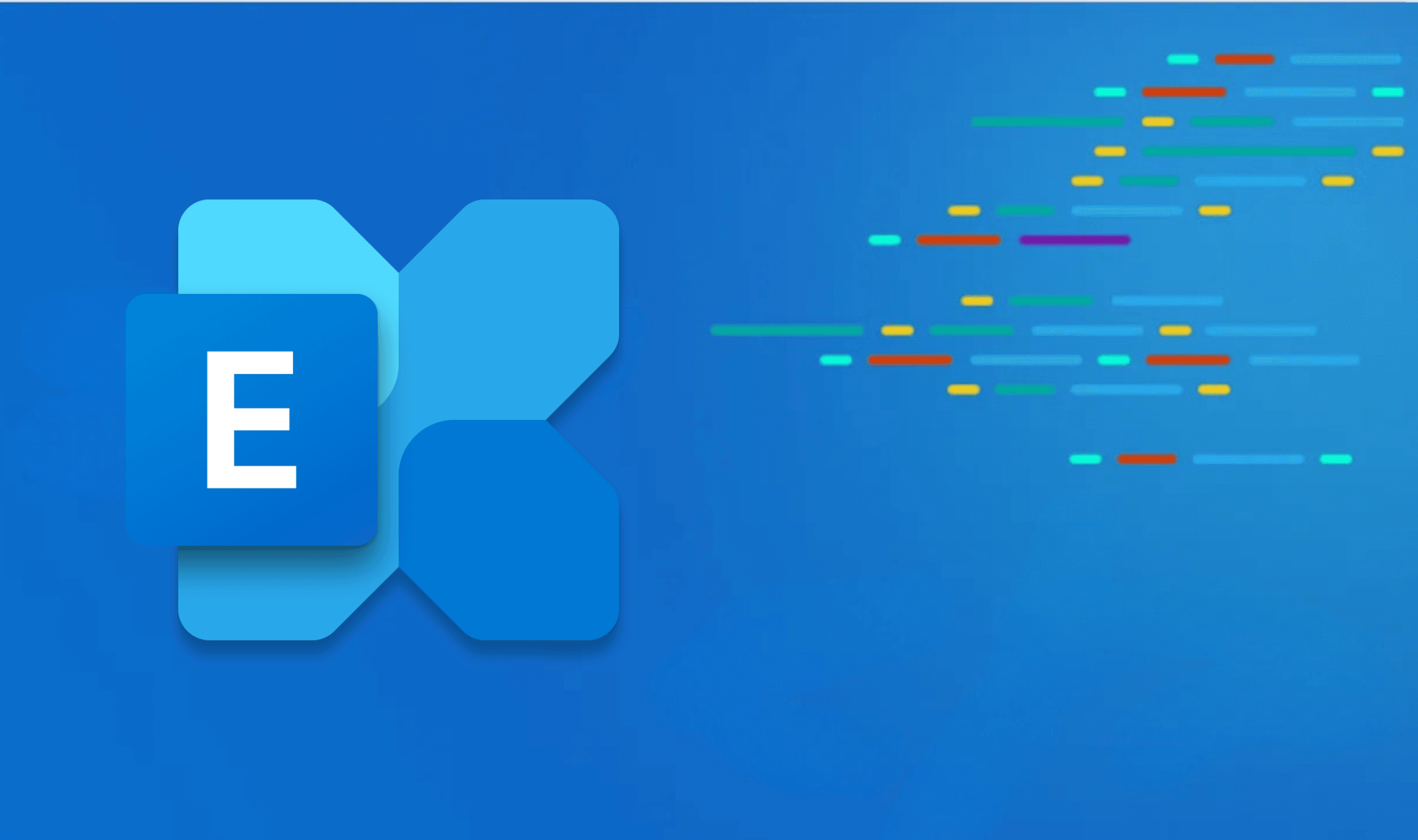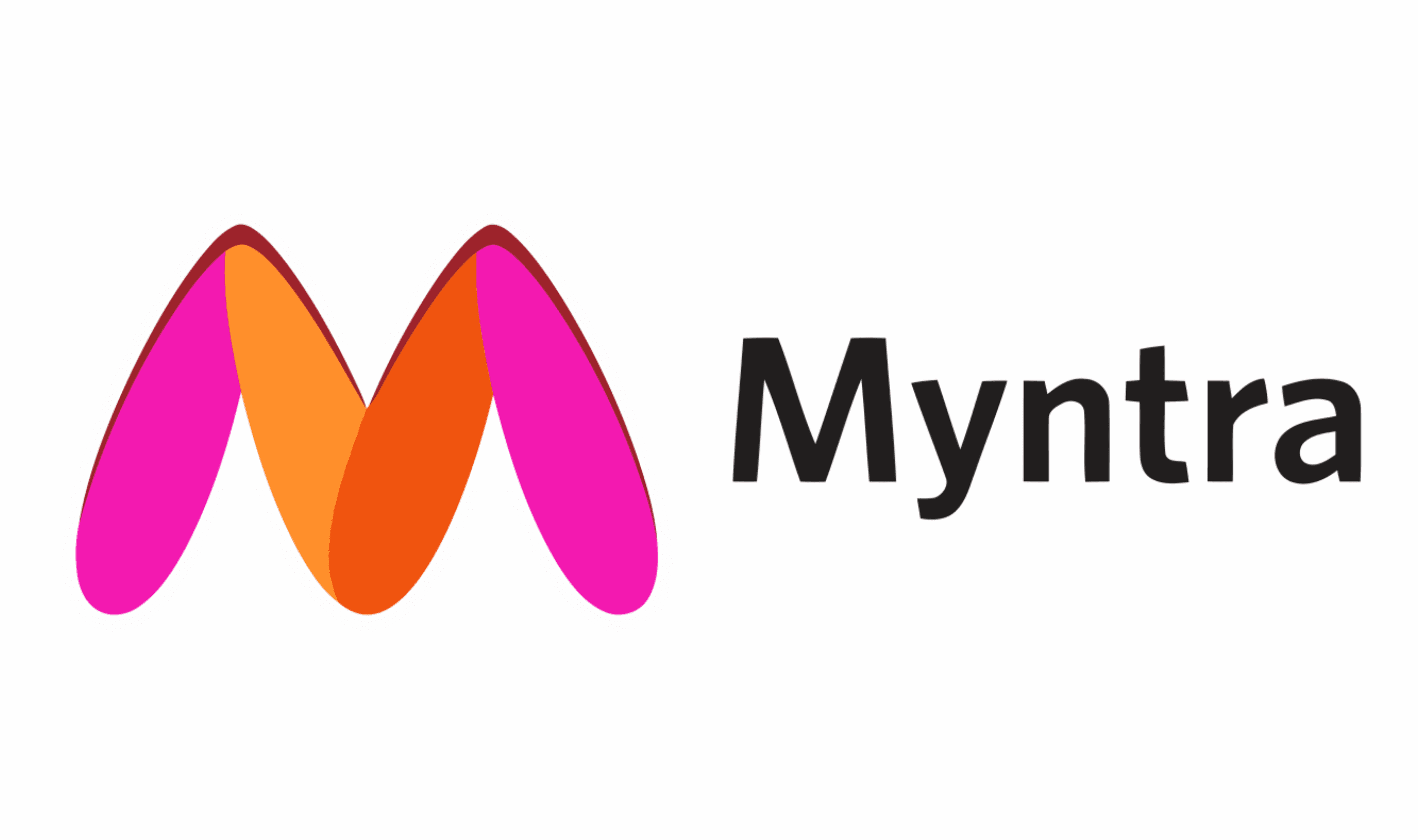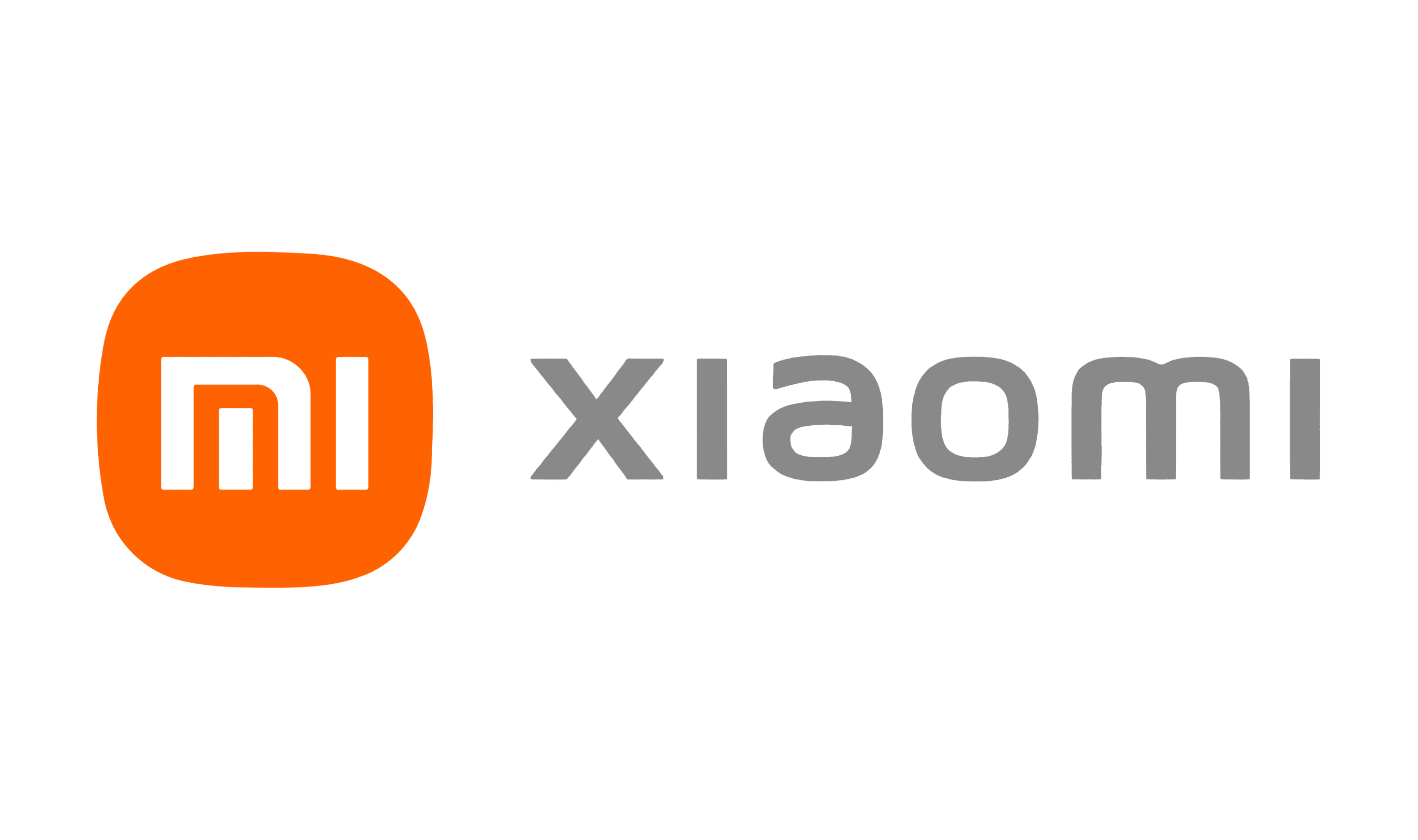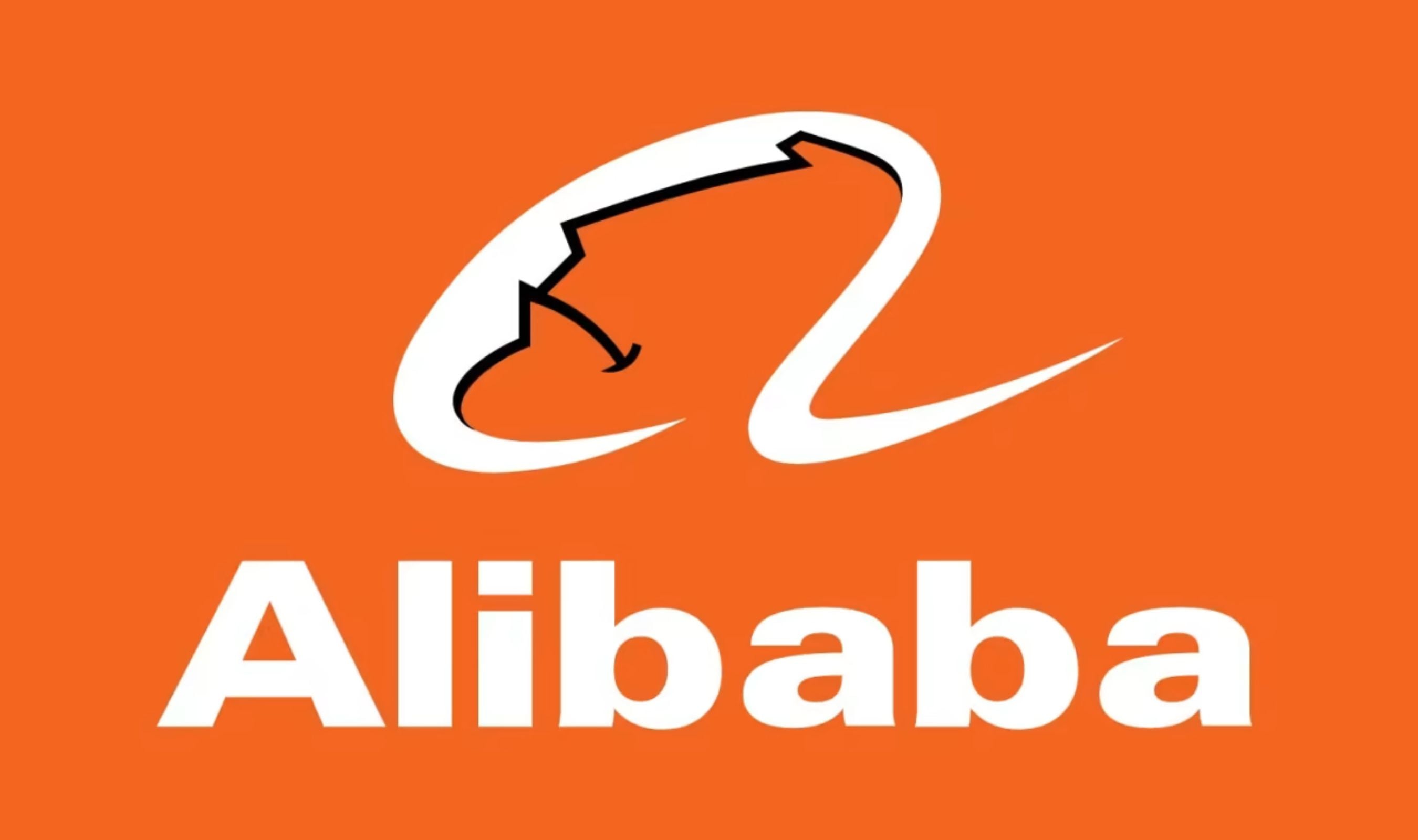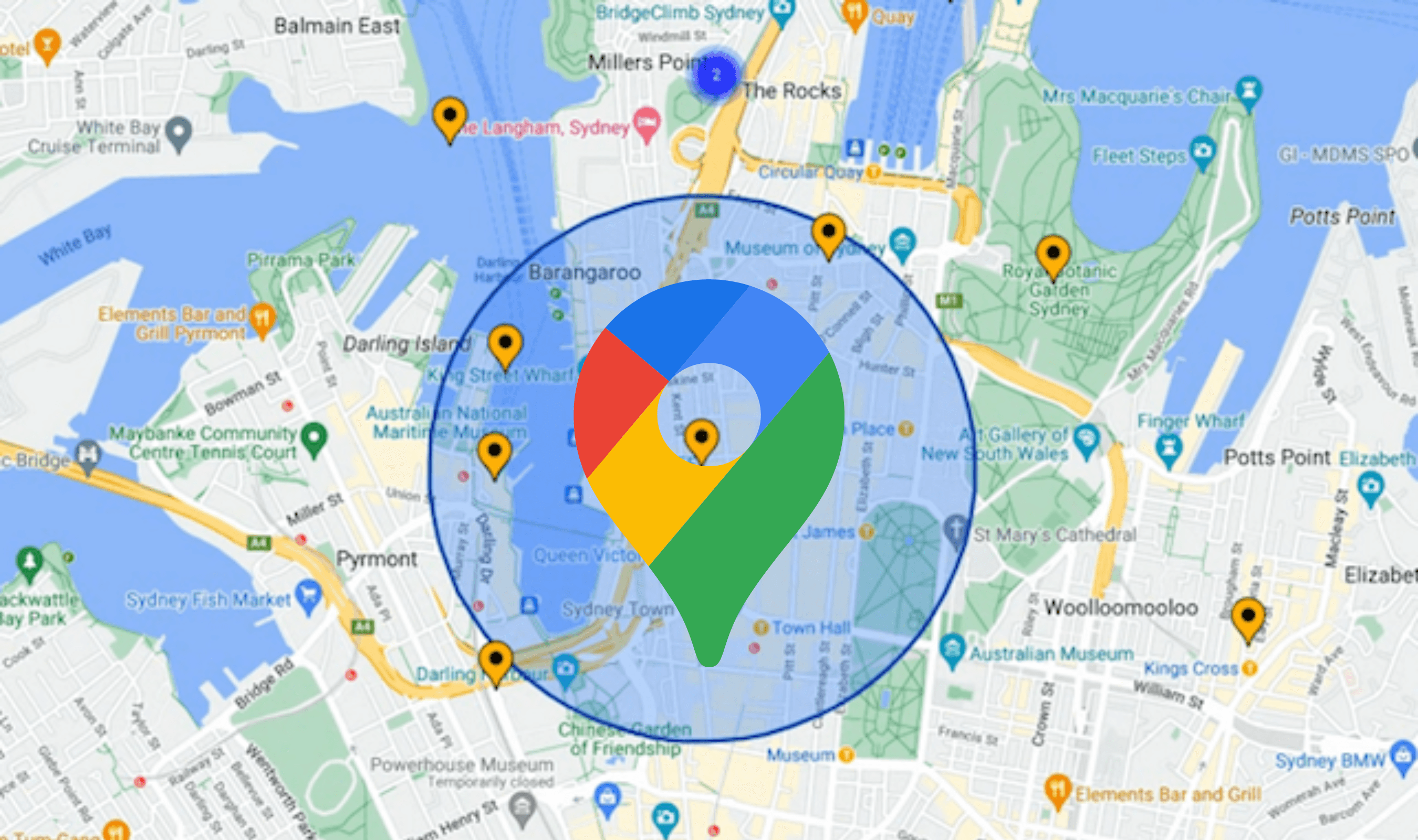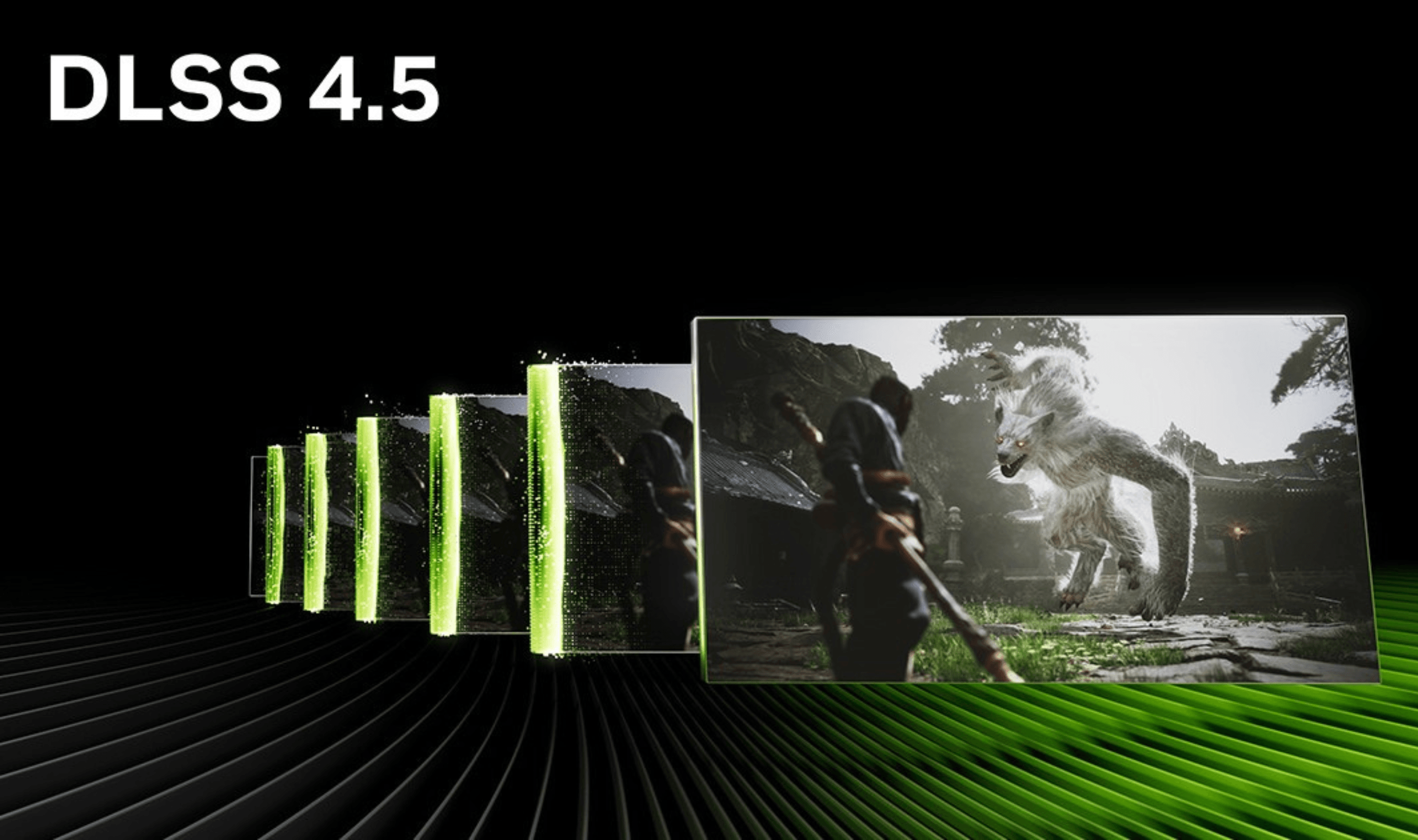OpenAI just can't seem to catch a break these days. After facing intense backlash from developers and enterprise customers over its latest model upgrade, the AI powerhouse has reportedly reversed course and brought the previous GPT-4o version back online, marking another chaotic chapter in the company's recent history.
The drama started when OpenAI pushed out what was supposed to be an improved version last week, but users immediately noticed something was off.
Response times dragged, outputs seemed less reliable, and some specialized functions that developers had built entire products around suddenly stopped working. Look, we've seen this movie before.
Remember when Google rushed out Bard and it face-planted during the demo. Tech companies get caught up in the AI arms race and sometimes push updates that aren't fully baked.
But this time the stakes were higher, with thousands of businesses depending on OpenAI's API for critical operations.
"The new model was basically unusable for our use case," says one developer on the OpenAI forum, echoing what became a flood of similar complaints across Twitter, Discord, and GitHub.
The backlash got so intense that even Sam Altman had to acknowledge it, which, if you know Sam, means things were getting seriously messy.
Sources familiar with the situation say OpenAI's engineering team worked around the clock trying to patch the issues, but ultimately decided to roll back to the previous stable version while they sort out what went wrong.
It's a pretty unprecedented move for the company, which has generally pushed forward with updates even when there's been some initial turbulence.
The whole situation highlights just how central OpenAI's tech has become to the AI ecosystem. When they sneeze, hundreds of startups catch a cold.
And while the company's "move fast and break things" approach worked fine when they were mainly serving researchers and hobbyists, it's a different ballgame now that they're powering mission-critical business applications.
But here's the thing about the rollback that's got folks scratching their heads: OpenAI isn't exactly being transparent about what went wrong.
Their official statement talks about "optimizing for user experience" and "maintaining service quality," which is corporate speak for "yeah, we messed up but we're not gonna get into the details."
Industry analysts suggest this could be a turning point for how OpenAI handles major updates going forward.
The company might need to establish a more rigorous testing process, maybe even set up a beta channel for developers to kick the tires before pushing changes to production.
You know, like regular software companies have been doing for decades.
For now, developers are just happy to have the reliable version back. But the incident has definitely left some bruises on OpenAI's reputation, and you can bet Microsoft, which has billions invested in the company, is watching all this very closely.
The real question is whether this setback will slow down OpenAI's aggressive push to stay ahead of competitors like Anthropic and Google. Something tells me it won't, but they might think twice before rushing out the next big update.



